BME Stories
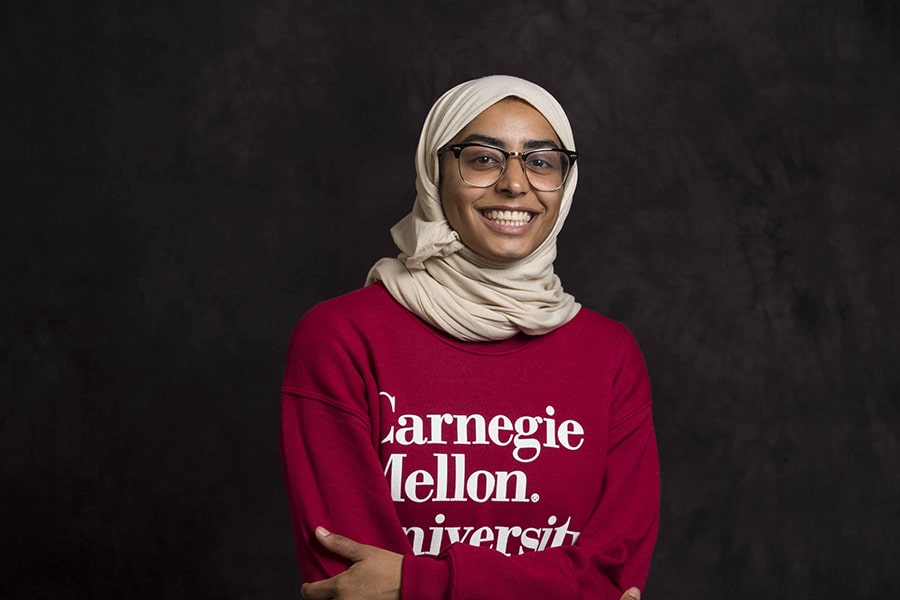
Khulood Al Ali (MS BME, 2020) knew from an early age that she wanted to earn a degree at Carnegie Mellon University. I chose Carnegie Mellon for the challenges, motivation and innovation — to join the next generation of leaders making the world a better place. I believe I'm in the right place, with the right people at the right time. Read the story.

Prof. Adam Feinberg along with postdoctoral fellow Dan Shiwarski and graduate student Joshua Tashman have created a novel biosensor that reveals the mechanobiological forces that shape organ development and biological phenomena like hypertension. Read the story.
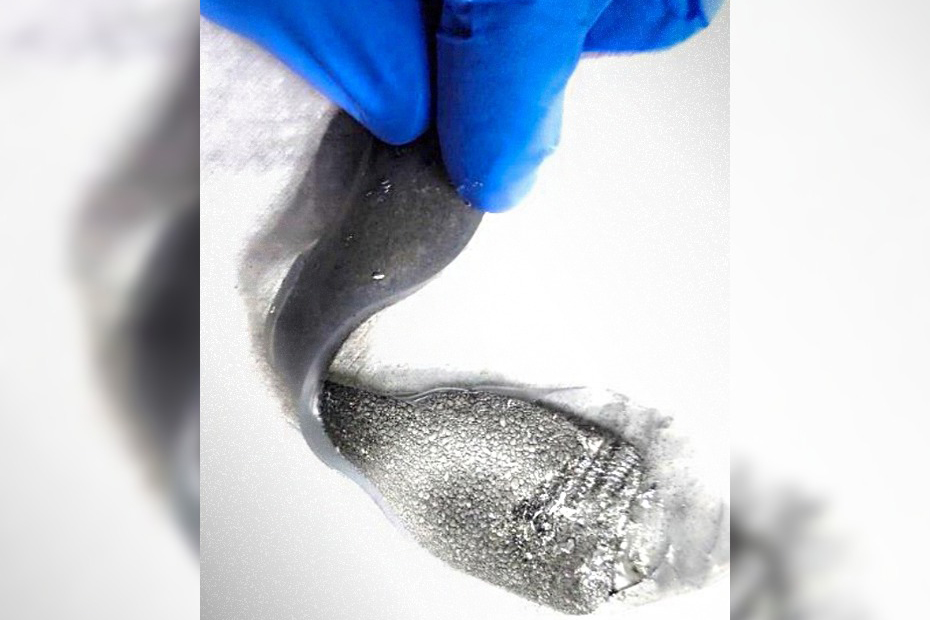
Prof. Carmel Majidi creates 3D printed circuits that are self-healing, re-writable, and energy-harvesting. In two recently published papers, teams of CMU researchers made strides in wearable electronics and other soft machines. Carmel Majidi’s Soft Machines Lab (SML) has long been working in this area, and these two papers reflect that. Read the story.

Undergrad Sean Pereira was drawn to the work of Prof. Rosalyn Abbott, who was exploring silk applications to address different challenges in biomedical engineering. Pereira is using his computational skills to search for patterns in the data that might indicate why one tissue works well in some procedures but not others. Read the story.

Carnegie Mellon's Profs. Timothy Verstynen and Eric Yttri and their collaborators have been granted over $1 million from the National Institutes for Health to study decision making. Together, they plan to learn more about the neural mechanisms underpinning how organisms make decisions and how they change their minds. Read the story.
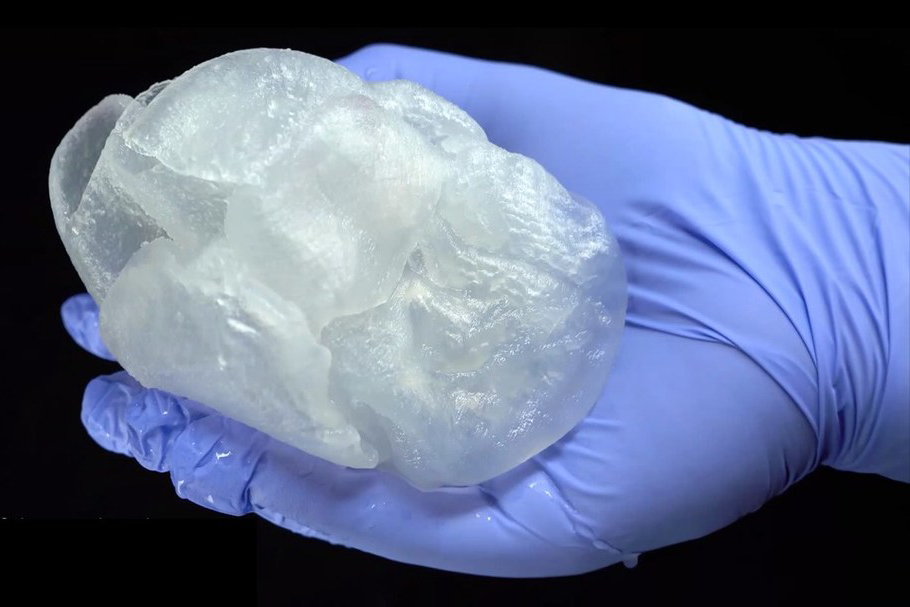
Prof. Adam Feinberg and his team have created the first full-size 3D bioprinted human heart model using their Freeform Reversible Embedding of Suspended Hydrogels (FRESH) technique. The model, created from MRI data using a specially built 3D printer, realistically mimics the elasticity of cardiac tissue and sutures. Read the story.
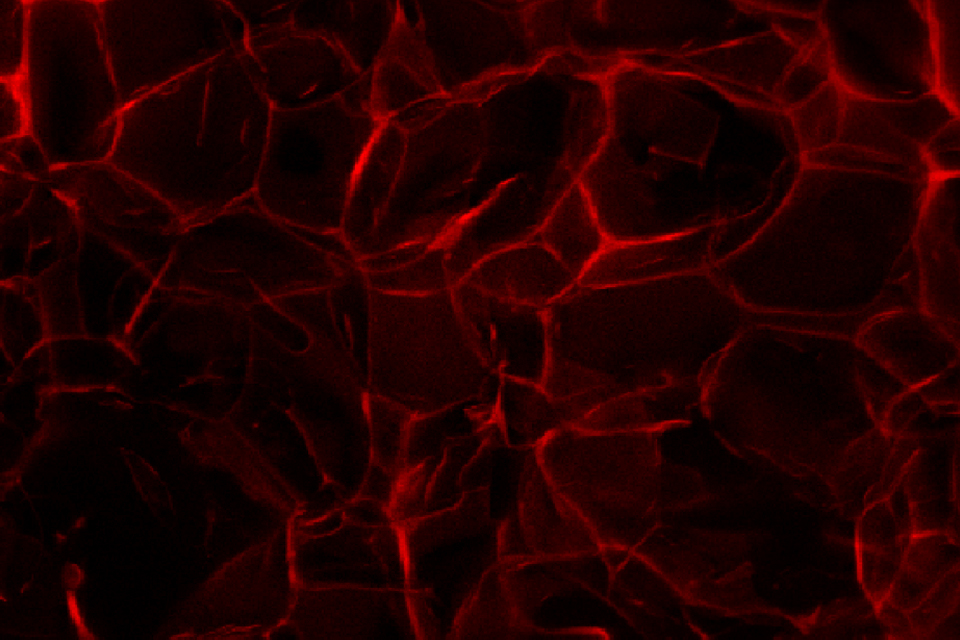
BME undergraduate student Tahlia Altgold and Prof. Rosalyn Abbott are working on the development of a new method of 3D printing silk proteins to create personalized new tissues for patients needing regenerative medicine. Read the story.
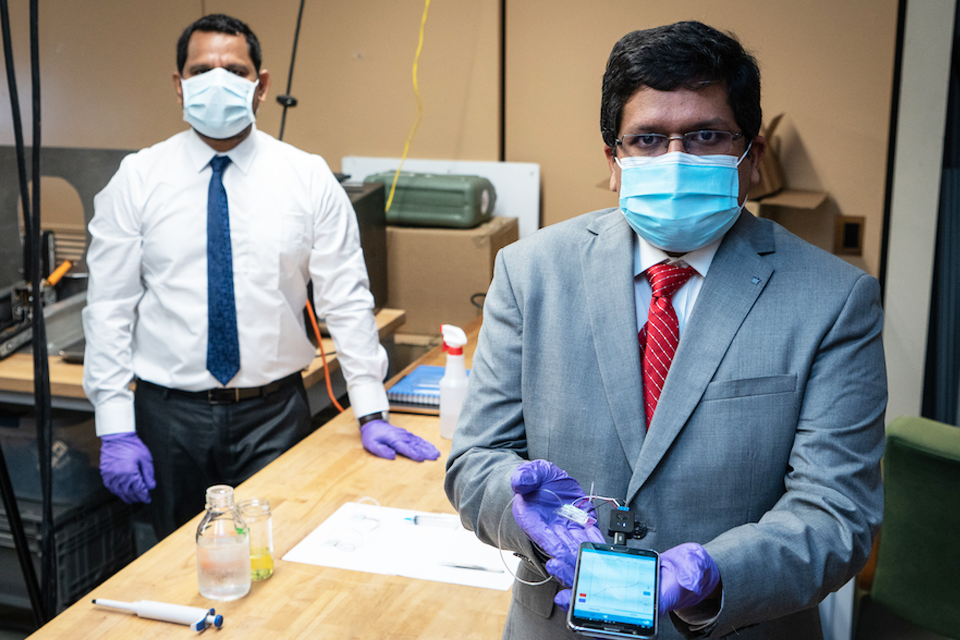
Carnegie Mellon University researchers reveal fastest known COVID-19 antibody test with high sensitivity due to a unique, 3D printing technology and an electrochemical reaction. Read the story.
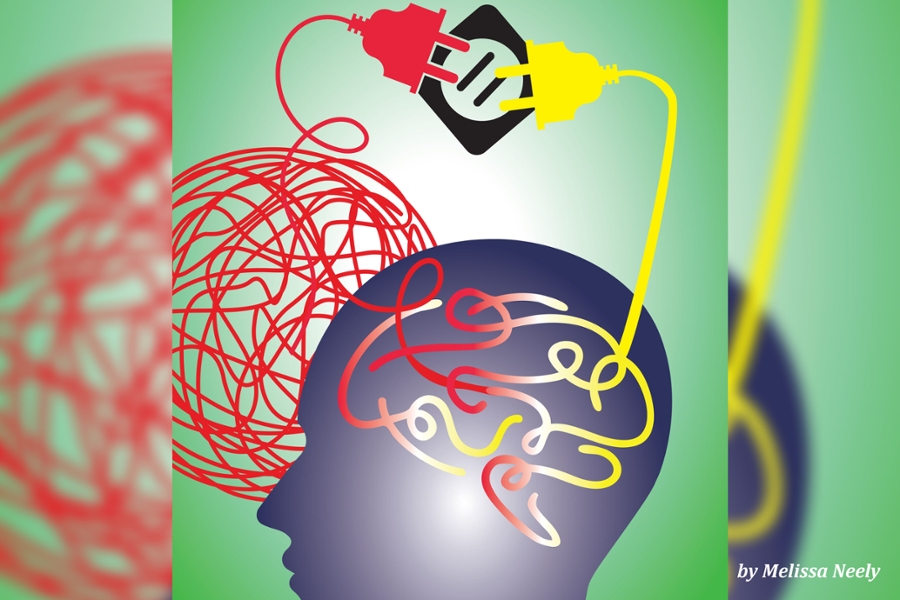
A recent R01 grant from the National Institutes of Health (NIH) received by Prof. Matt Smith in collaboration with Prof. Byron Yu will fund a multi-region study of how neurons within the brain prepare and maintain an internal state of attention. Read the story.

Carnegie Mellon’s Andrew Carnegie Society (ACS) has chosen 40 seniors for recognition as ACS Scholars for the 2020-21 academic year. Two of this year’s honorees are from the Biomedical Engineering Department: Stefanie McMillan and Sanjana Shah. Read the story.

Prof. Bin He and collaborators conducted a large-scale human study enrolling subjects in a weekly eight-week course in simple, widely-practiced meditation techniques, to test their effect as a potential training tool for BCI control. The work was published in Cerebral Cortex. Read the story.
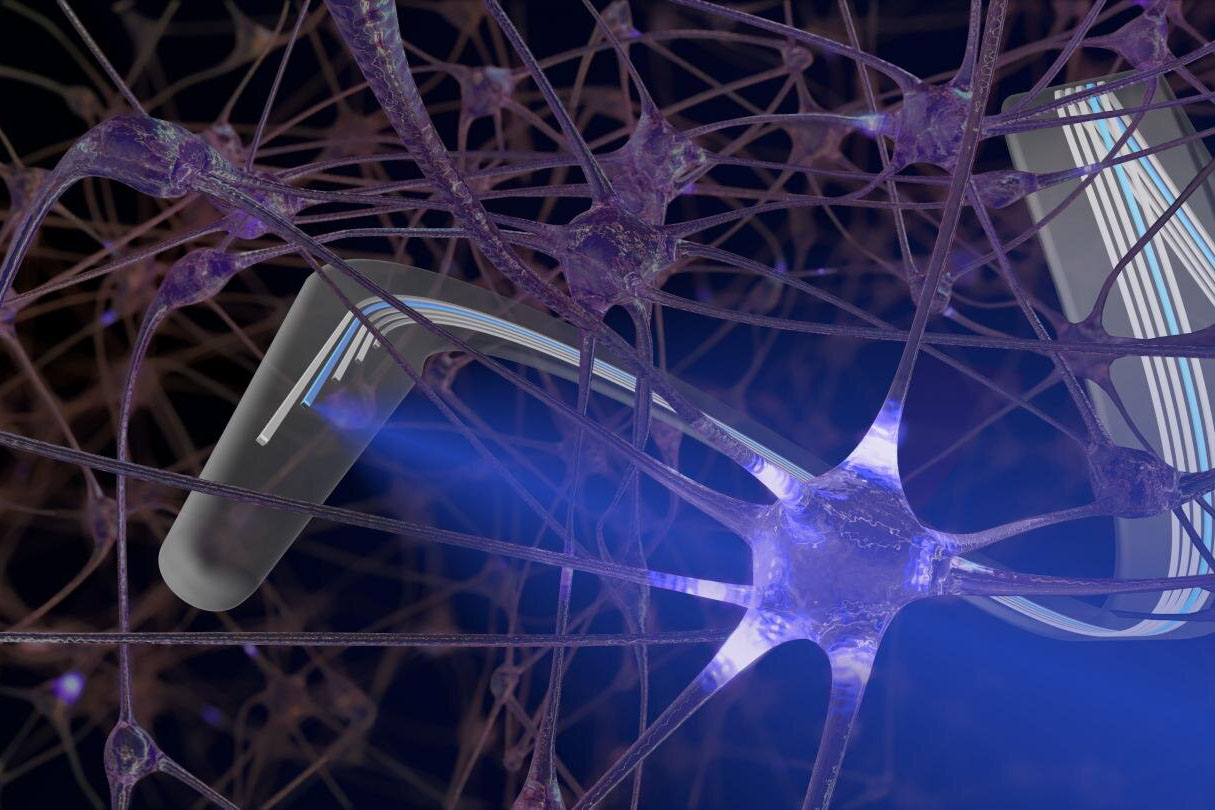
Prof. Chamanzar’s team has developed a new class of materials for optical biointerfaces. He’s labeled this new field of optical technology as “Parylene photonics” and demonstrated results in a recent paper in Nature Microsystems and Nanoengineering. Read the story.
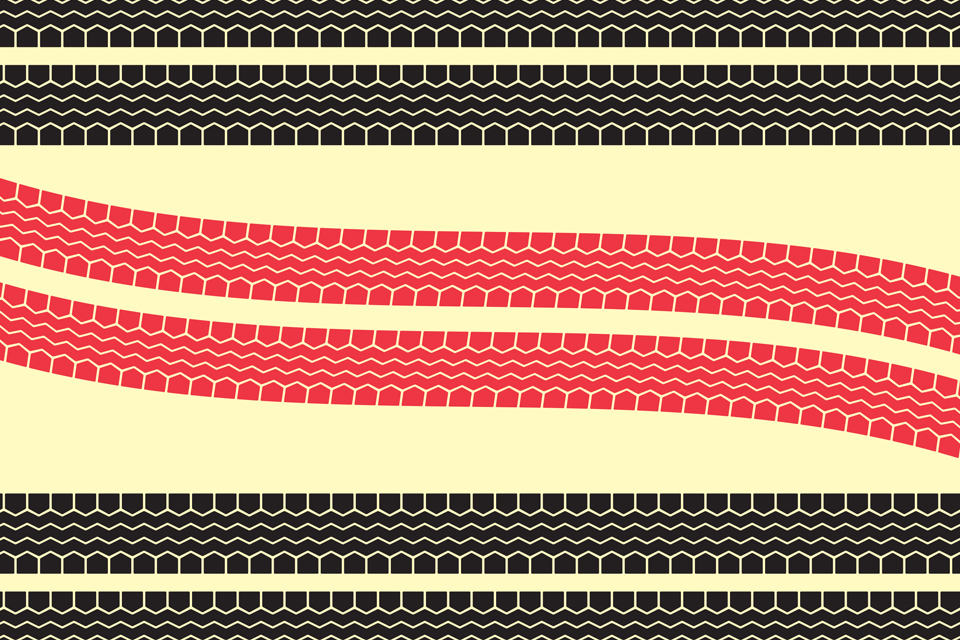
Profs. Matthew Smith and Byron Yu, along with former Ph.D. student Ben Cowley (Ph.D., SCS ’18), have recently published their research in Neuron, where they studied the neural basis through which internal states in the brain affect decision-making over an extended period of time. Read the story.
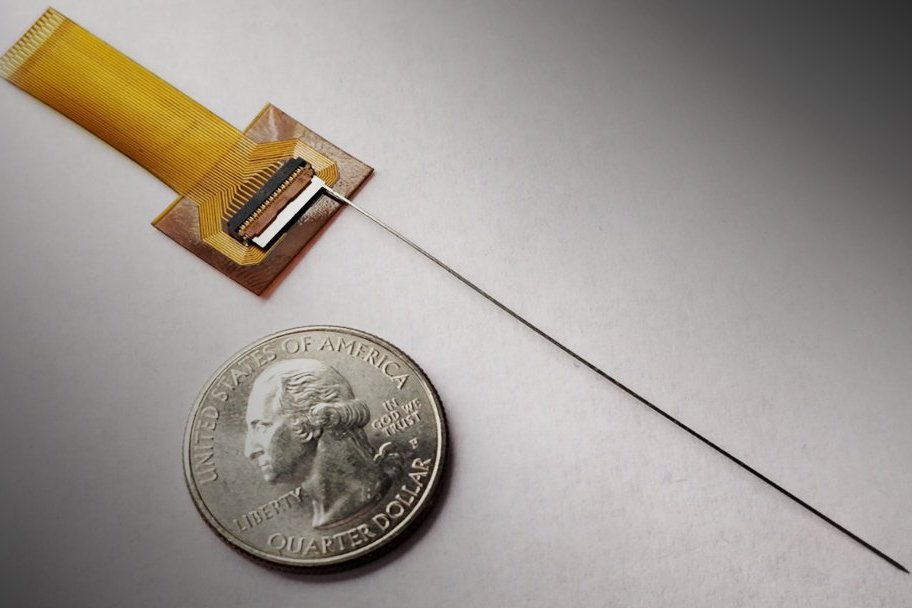
A team led by Prof. Maysam Chamanzar is developing a novel neural interface made from stainless steel for high-density neural recording, making the brain readings much safer than before. These stainless steel neural probes will minimize the risk of breakage during surgery and thus the risk of residue being left behind in the brain. Read the story.

Prof. Tzahi Cohen-Karni teamed up with other researchers to create a new technology that enhances scientists’ ability to communicate with neural cells using light. NW-templated three-dimensional (3D) fuzzy graphene (NT-3DFG) enables remote optical stimulation without need for genetic modification and uses orders of magnitude less energy than available materials, preventing cellular stress. Read the story.
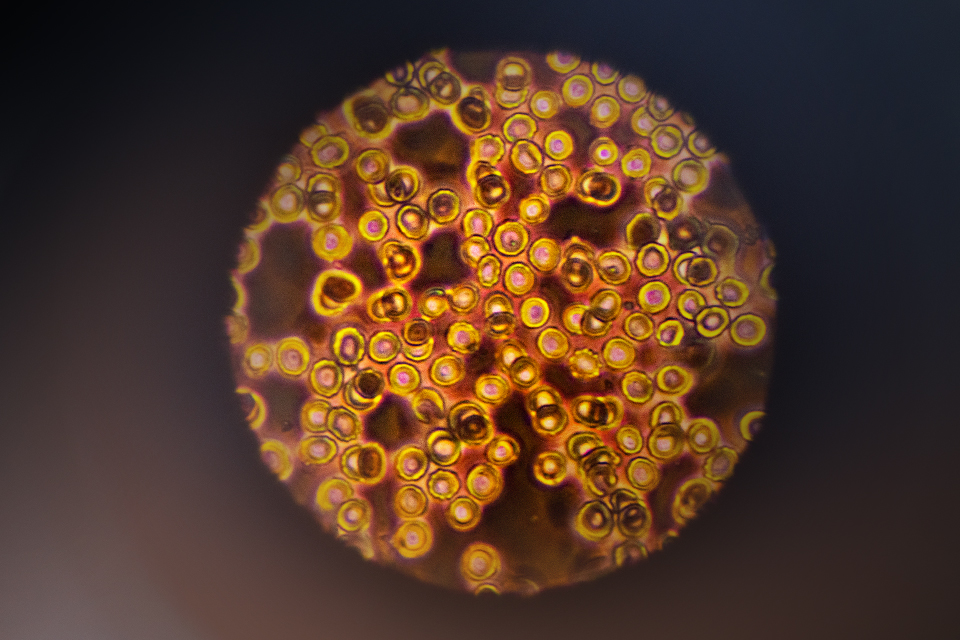
Prof. Elizabeth Wayne has received funding from the National Science Foundation through their Rapid Response Research (RAPID) program to study an often-ignored cellular factor in the mortality rate of SARS-CoV-2 induced disease, COVID-19. Read the story.
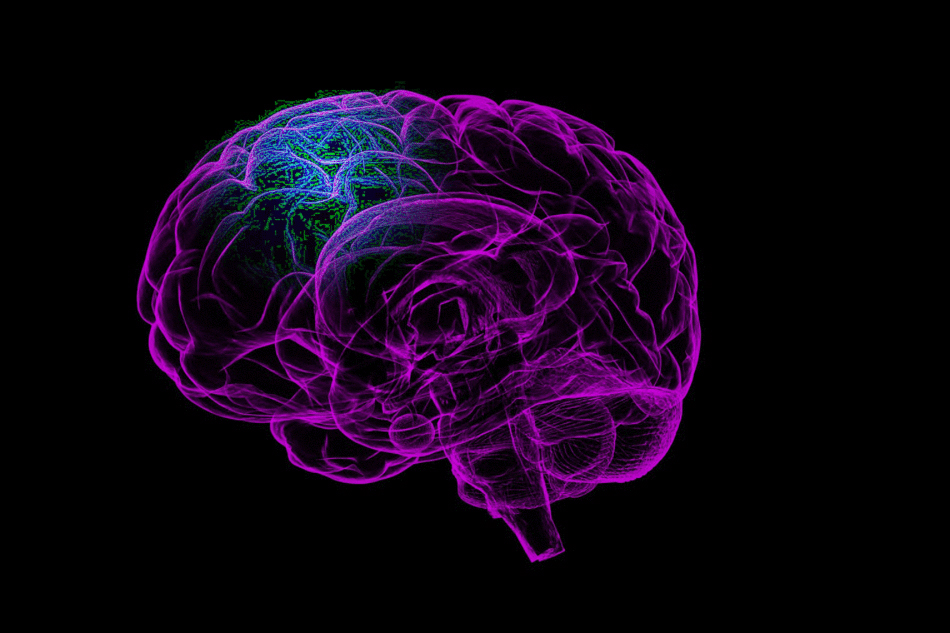
BME Professor Bin He together with his group published research in Nature Communications. This research is a big step toward establishing the ability to dynamically image human brain function and dysfunction. This could provide important insight into both where and how underlying information-processing occurs. Read the story.
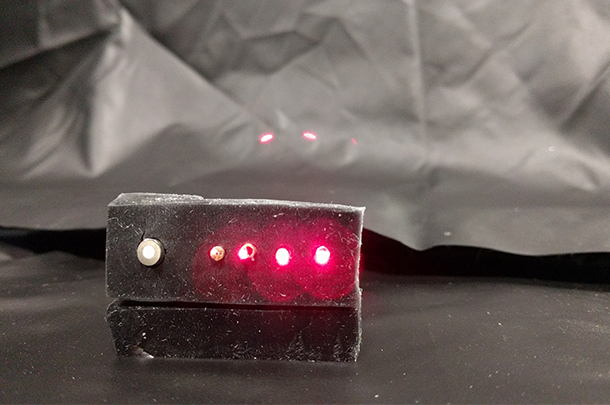
Prof. Jana Kainerstorfer and Ph.D. candidate Alexander Ruesch have been developing a non-invasive method to measure intracranial pressure. The project has recently moved to the clinic, and while it is still in the early stages, this development is a major step in the research’s overall aim to develop a novel sensor to help guide traumatic brain injury treatment. Read the story.

Prof. Yu-li Wang and his team are researching cell migration while using the technologies developed for potential applications in artificial organs and other devices. The team has been awarded a five-year research grant from the National Institute of General Medical Sciences (NIGMS), one of the National Institutes of Health to support this work. Read the story.
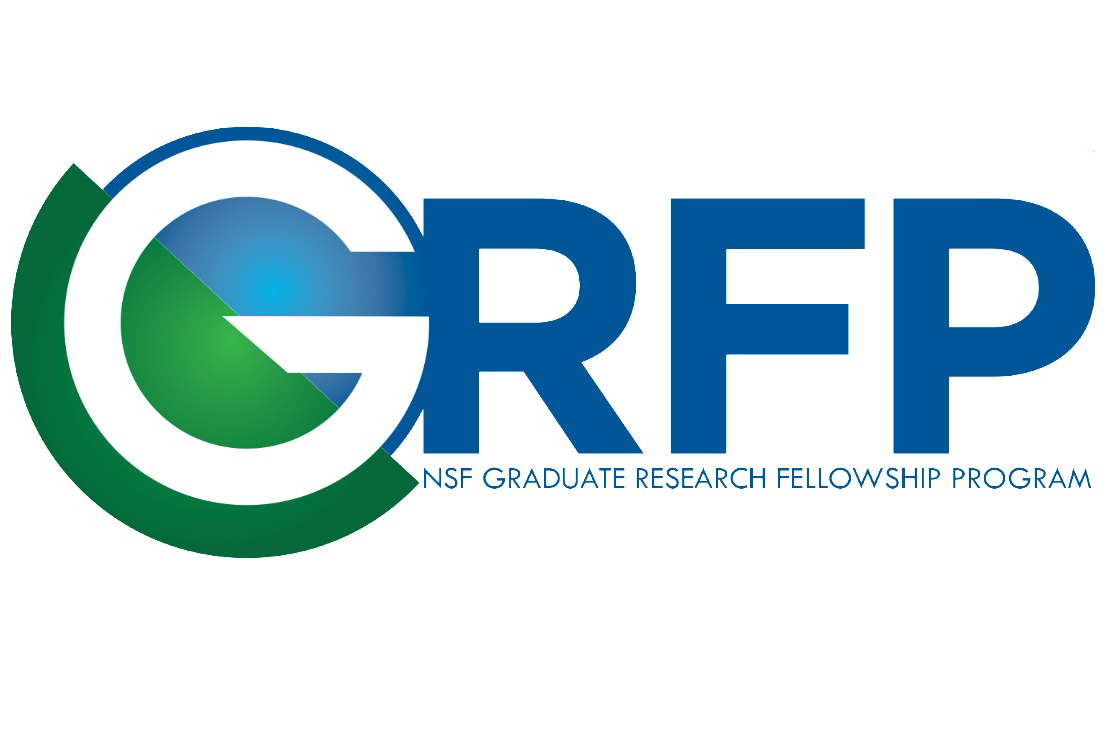
On March 31, the National Science Foundation (NSF) announced the 2020 recipients of funding through its Graduate Research Fellowship Program (GRFP). Four current students and recent alumni of the Biomedical Engineering Department at Carnegie Mellon received 2020 NSF Fellowships. Funding from the NSF Graduate Research Fellowship Program will support their advanced research. Read the story.

Researchers from Carnegie Mellon University (CMU) and the University of Pittsburgh (Pitt) have published research in Nature Biomedical Engineering that will drastically improve brain-computer interfaces and their ability to remain stabilized during use, greatly reducing or potentially eliminating the need to recalibrate these devices during or between experiments. Read the story.
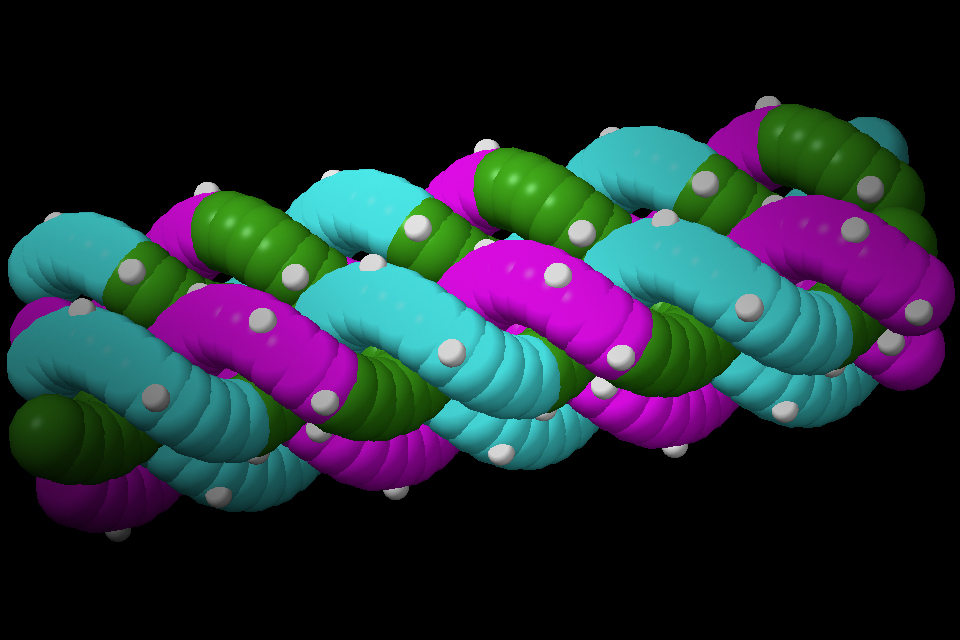
The research team led by Prof. Rebecca Taylor develop a method for self-assembling nanostructures with gamma-modified peptide nucleic acid, a synthetic mimic of DNA. The process has the potential to impact nanomanufacturing and biomedical technologies like targeted diagnostics and drug delivery. Read the story.

Profs. Byron Yu and Steve Chase together with their colleagues from the University of Pittsburgh recently published an article in Proceedings of the National Academy of Sciences that reveals what happens in the brain as learners progress from novice to expert. They discovered that new neural activity patterns emerge with long-term learning, and they established a causal link between these patterns and new behavioral abilities. Read the story.

A team of researchers from Carnegie Mellon University, led by Profs. Tzahi Cohen-Karni and Adam Feinberg, has partnered with the University of Pittsburgh and secured a $22 million grant from the Defense Advanced Research Projects Agency to develop a device combining artificial intelligence, bioelectronics, and regenerative medicine to regrow muscle tissue, especially after combat injuries. Read the story.
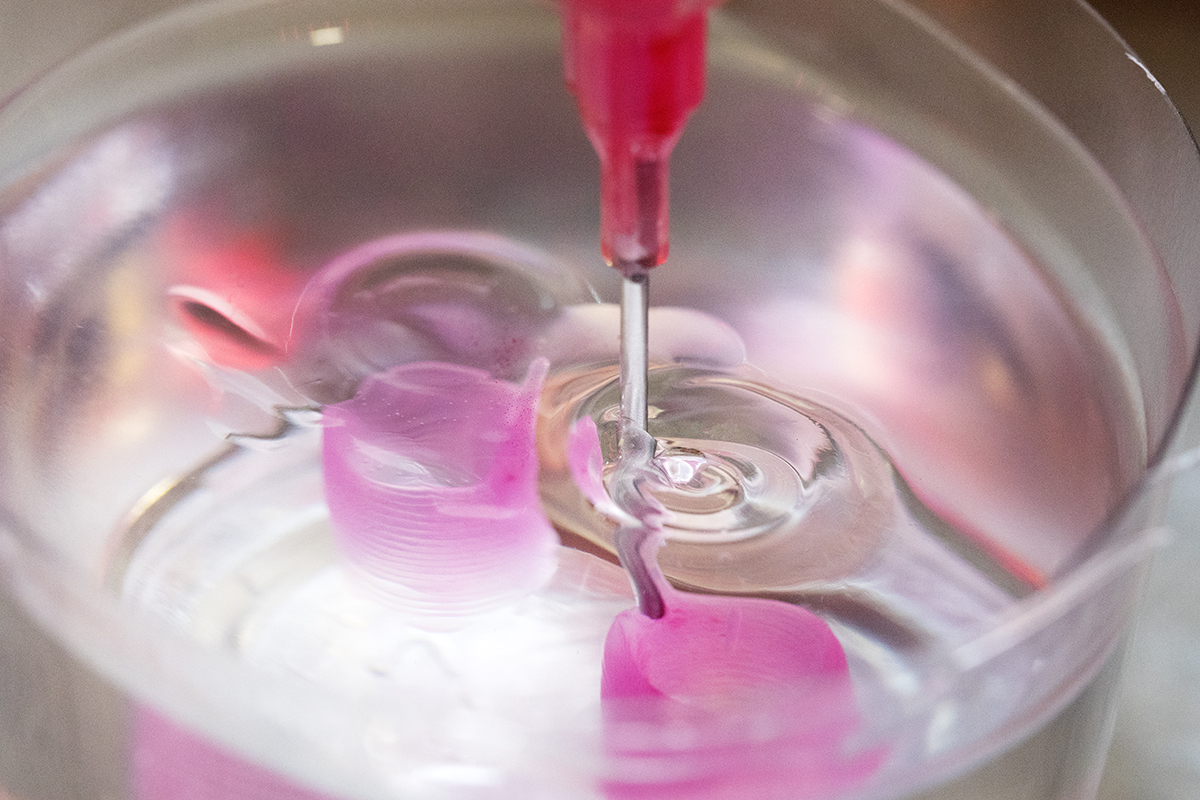
Carnegie Mellon University spinout company FluidForm, co-founded by CTO and Biomedical Engineering Professor Adam Feinberg, was named a finalist for Fast Company’s 2020 World Changing Ideas Award. The company was featured in the experimental category for its Freeform Reversible Embedding of Suspended Hydrogels (FRESH) 3D bioprinting technology. Read the story.
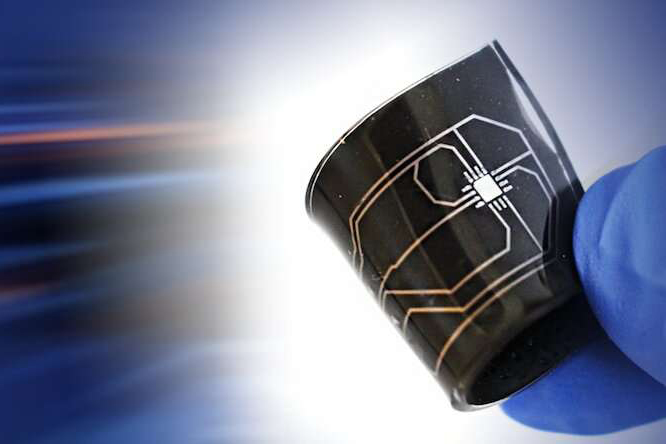
Carmel Majidi’s team has developed a soft magnetic skin with a single sensing element that detects force and contact. This soft skin is like a stretchy magnet that can be placed on robots, natural skin, or other materials to give them a sense of touch. Read the story.
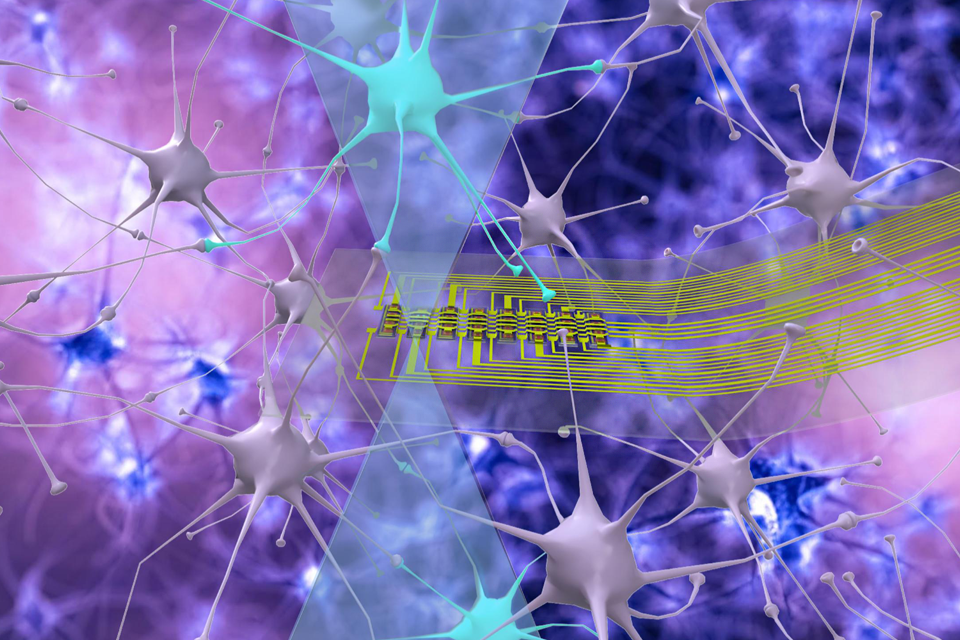
The new probes developed in Prof. Maysam Chamanzar's lab are bi-directional, and the first to use an integrated fabrication process that allows engineers to build many micro-light emitting diodes (microLEDs) directly on a flexible implantable neural probe. The work is published in Frontiers in Neuroscience. Read the story.
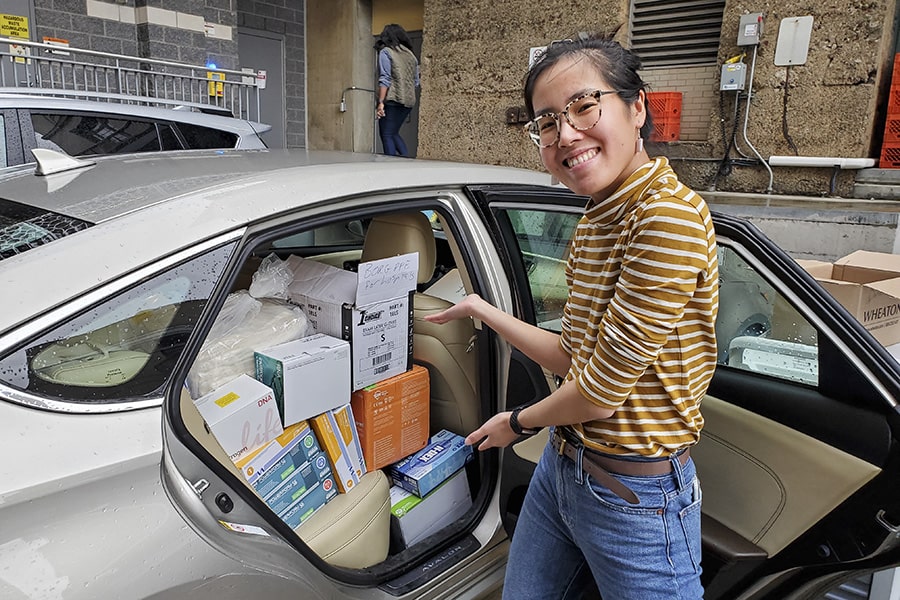
Prof. Keith Cook drove up to the Allegheny County Emergency Services building on March 20 barely able to see out of his rearview mirror. His passenger seat, rear seats and trunk were packed with unused personal protective equipment, or PPE, collected from various labs in Carnegie Mellon University's College of Engineering. Read the story.
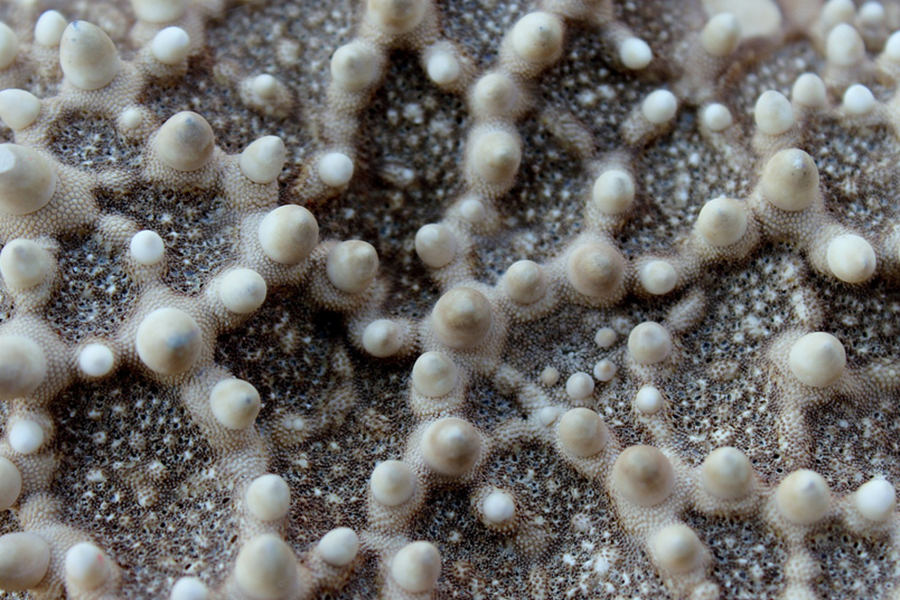
Profs. Kris Noel Dahl and Veronica Hinman are studying the incredible regenerative powers of starfish to improve stem cell therapy. This method could make the process of preparing stem cell therapy faster, easier, and most importantly, cheaper. Read the story.
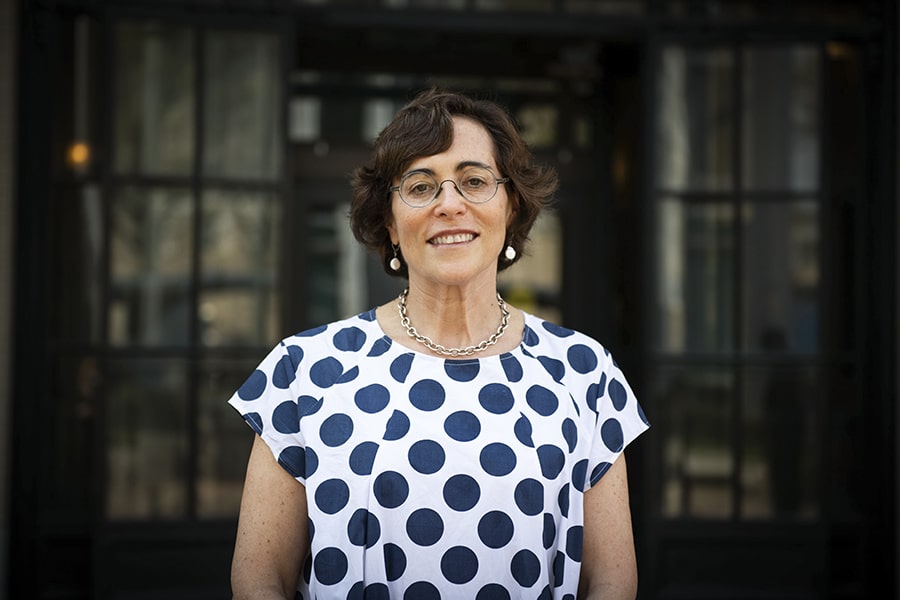
Carnegie Mellon University’s Marlene Behrmann, Thomas S. Baker University Professor of Psychology and Cognitive Neuroscience, has received the Cognitive Neuroscience Society’s Fred Kavli Distinguished Career Contributions Award as well as the Vision Sciences Society's 2020 Davida Teller Award. Read the story.
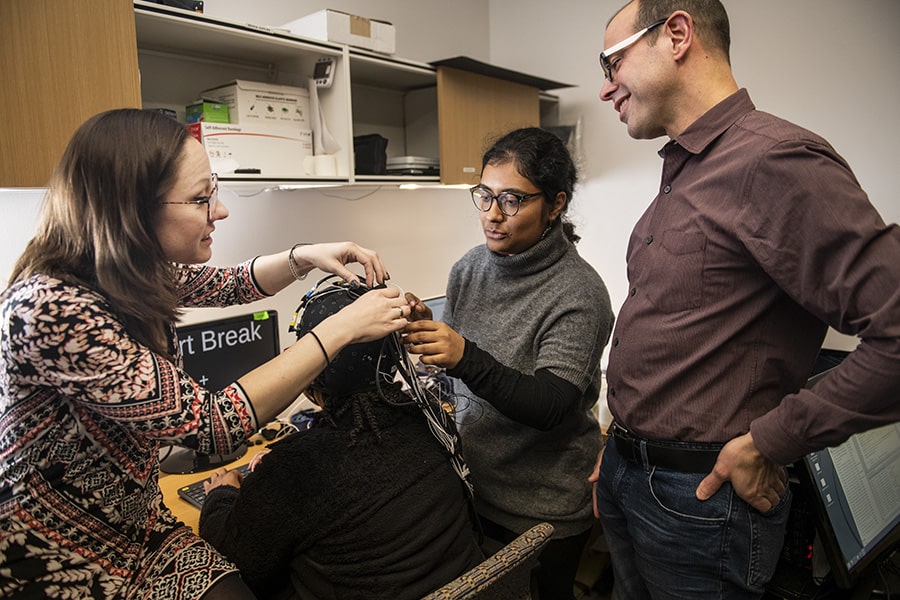
What started as a journal club for researchers in Kainerstorfer's and Smiths' labs to review current literature is now a group that comprises more than 50 people, including psychologists, engineers, radiologists, clinicians and neuroscientists. Together, they're gaining a better understanding of the field from many different perspectives. Read the story.